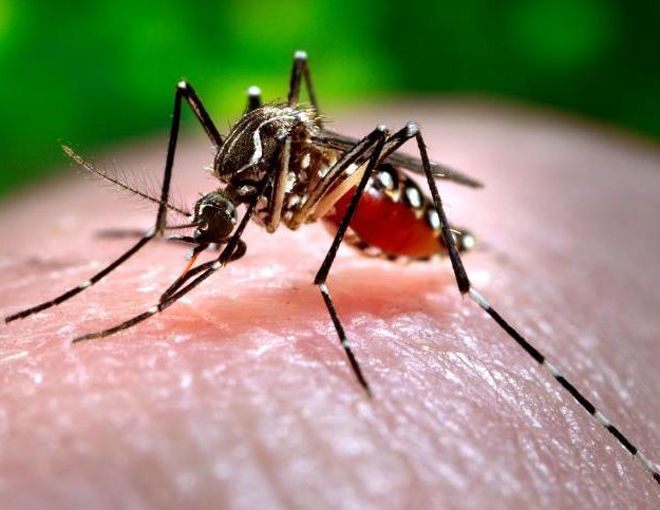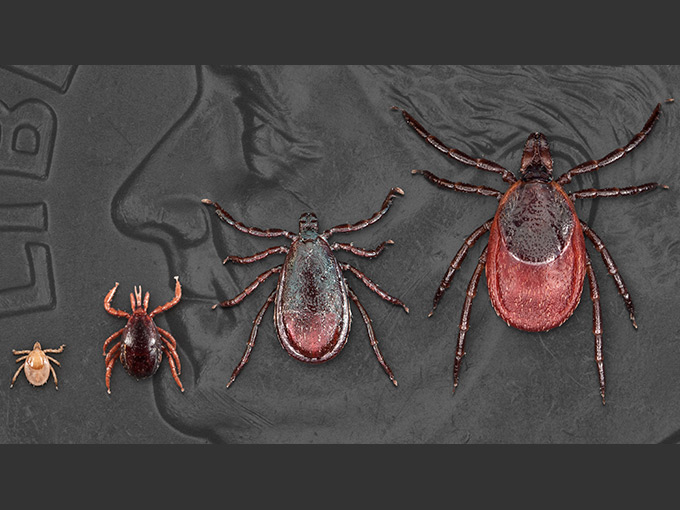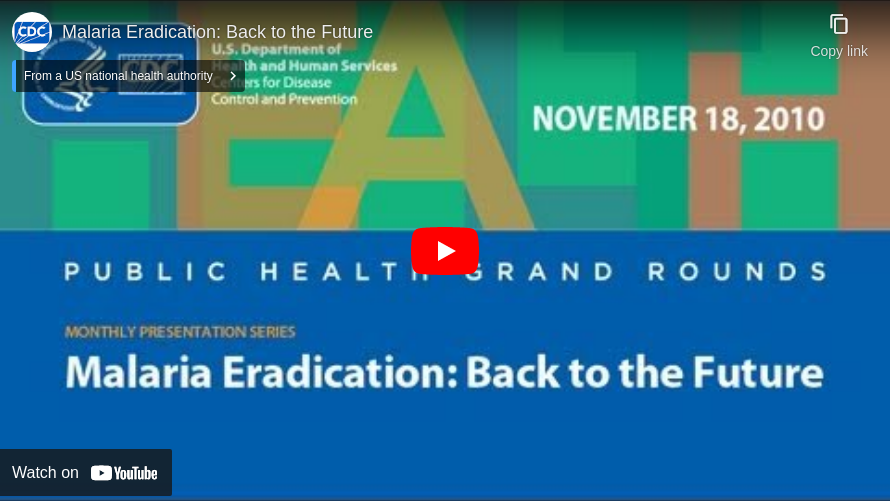Malaria Eradication: Back to the Future
Presented on .
Approximately half of the world′s population is at risk of malaria. In 2008, malaria caused an estimated 243 million cases of malaria and 863,000 deaths. Although cases occur across the globe, 85% of the world′s malaria deaths occur in Africa, where the disease accounts for up to 40% of public health expenditures.
The global malaria eradication campaign of the mid-20th century was successful in eliminating disease in subtropical zones; however, decreased funding and support have led to resurgence. To make matters worse, growing resistance to anti-malarial medicines further undermined efforts to control the disease.
Fortunately, in the last decade interest in controlling the world′s malaria burden has led to substantial increases in financial commitments. These increased resources have resulted in scaling up malaria control programs, especially in Africa, and subsequent reductions in malaria morbidity and mortality, prompting discussion of the possibility of elimination and eventual eradication. This session of Public Health Grand Rounds reviewed the history of the eradication campaign, current malaria control efforts, and strategies to eliminate this deadly disease.
- Laurence Slutsker, MD, MPH
- Associate Director of Science
Center for Global Health, CDC
- John R. MacArthur, MD, MPH
- Chief, Program Implementation Unit, Division of Parasitic Diseases and Malaria
Center for Global Health, CDC
- S. Patrick Kachur, MD, MPH
- Chief, Strategic and Applied Science Unit,
Division of Parasitic Diseases and Malaria
Center for Global Health, CDC
- Richard W. Steketee, MD, MPH
- Science Director, Malaria Control and Evaluation Partnership in Africa
PATH
- Tanja Popovic, MD, PhD
- Scientific Director
Get notified about the latest updates from Public Health Grand Rounds right in your inbox by setting up an alert today!
Get notified about the latest updates from Public Health Grand Rounds right in your inbox by setting up an alert today!Sign Up
Get notified about the latest updates from Public Health Grand Rounds right in your inbox by setting up an alert today!

Two types of mosquitoes are responsible for dengue, chikungunya, yellow fever, and Zika viruses. There are currently no licensed available vaccines to prevent these viruses. Learn how preventing bites and controlling mosquito populations is critically important.

Infections from tickborne diseases are on the rise, and new tickborne diseases have been discovered in recent years. Some ticks can transmit multiple diseases, posing diagnostic and treatment challenges. Learn about new emerging tickborne diseases, treatment options, and preventions strategies.

